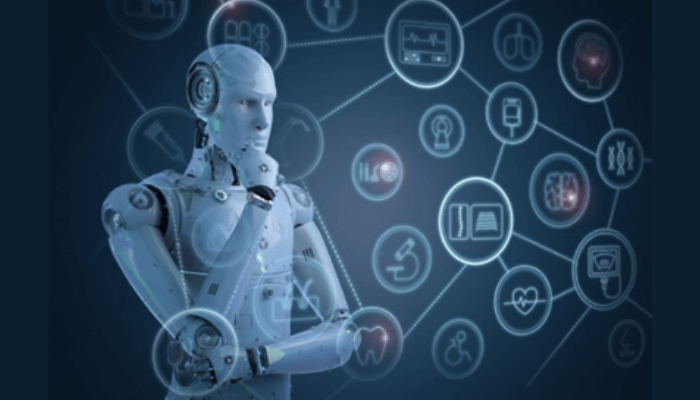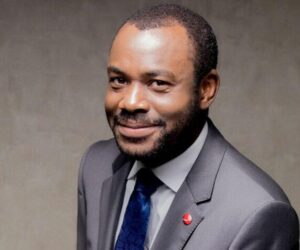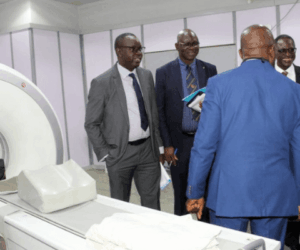Africa’s digital economy is on the brink of its most demanding era yet, and industry leaders are sounding the alarm that the next generation of data centres, especially those built to support artificial intelligence (AI) workloads, will increasingly need to generate or secure their own independent power sources.
This warning, delivered during an interview with BusinessDay, captures a growing consensus among telecom operators, infrastructure providers and regulators that the continent’s unreliable energy systems could become the single biggest barrier to AI readiness.
According to Wilson Eigbadon, regional account manager at Vertiv, data centres in Africa are entering a transformative period where grid dependency is no longer sustainable.
Read also: Schneider Electric warns Nigeria’s data centres must become AI-ready
As AI adoption accelerates across telecoms, finance, health, education and government, he explained, the massive energy demands associated with high-density compute will force operators to rethink how they design and power mission-critical facilities.
“Africa is heading into an era where data centres will have to bring their own power. Traditional grid supply is not stable enough, not scalable enough, and not reliable enough to support the intensity of AI workloads. Operators that do not secure dedicated power ecosystems will struggle to deliver the uptime AI requires,” Eigbadon said.
AI-ready infrastructure, he noted, depends on uninterrupted power to support GPUs, liquid cooling systems, low-latency networking and high-availability storage. With AI models becoming more computationally expensive, the energy load for a single facility can skyrocket far beyond what most African grids are currently capable of sustaining.
Eigbadon pointed to emerging opportunities in decentralised energy systems, including gas corridors, modular power plants, hybrid solar-gas arrays, and next-generation storage systems, as viable alternatives that can offer predictable, scalable and cost-efficient power for data centres.
Read also: FG raises hope for investors with housing data centre launch
The concerns were echoed by Dr. Ayotunde Coker, CEO of Open Access Data Centres and moderator of the panel, who said that even advanced markets are now seeking radical power solutions to meet AI demand. “Globally, we are seeing conversations about small nuclear reactors being deployed to support hyperscale AI centres. That tells you the direction the world is going, energy security is becoming the backbone of the AI race,” Coker said.
Bukola Ajayi, general manager of Architecture and Enterprise IT at MTN Nigeria, reinforced the link between energy reliability and digital competitiveness. She noted that connectivity and uptime, the lifeblood of AI applications, are impossible without robust, always-on power infrastructure. “If you don’t have reliable power and connectivity, you can’t even talk about AI. AI-ready data centres need high availability, scalable cooling systems, and resilient networks. Power is at the centre of everything,” she said.
Beyond power, speakers also highlighted the continent’s broader AI challenges, including compute deficits, data sovereignty concerns, cybersecurity, and shortages of specialised talent. But they agreed that without a stable power foundation, every other investment, from cloud infrastructure to telecom optimisation, risks underperforming.









